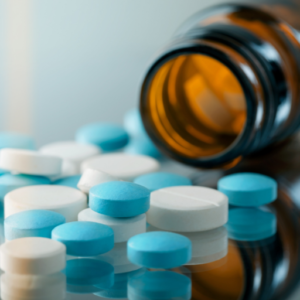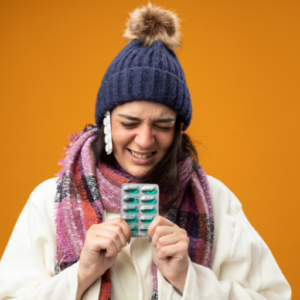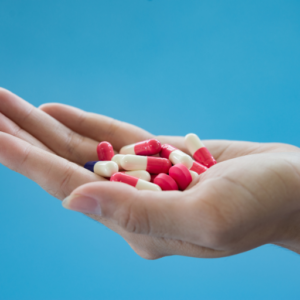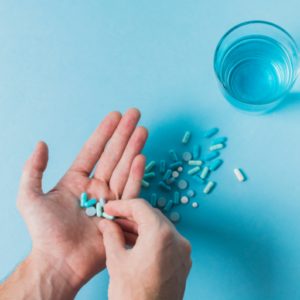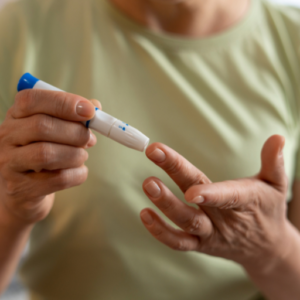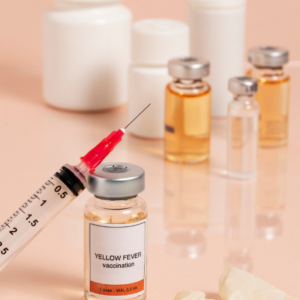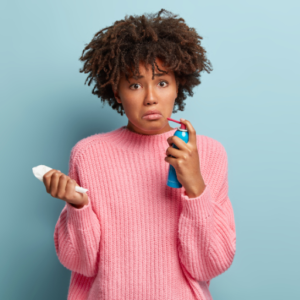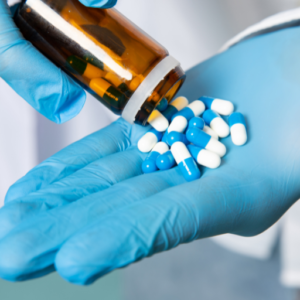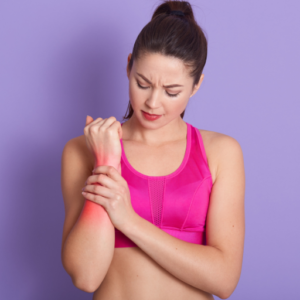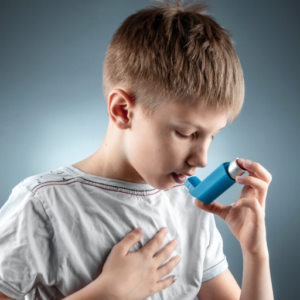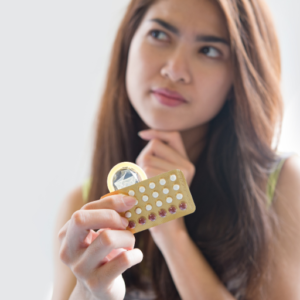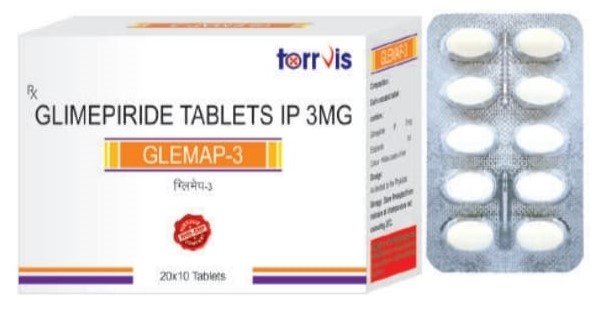GLEMAP-3mg
| Package | Per tablet | Savings | Price |
|---|---|---|---|
| 180 tablets | $0.23 | $13 | $54 $41 |
| 150 tablets | $0.23 | $10 | $45 $35 |
| 120 tablets | $0.24 | $7 | $36 $29 |
| 90 tablets | $0.26 | $4 | $27 $23 |
| 60 tablets | $0.27 | $2 | $18 $16 |
| 30 tablets | $0.30 | – | $9 |
What is this medicine?
GLEMAP-3 MG Tablet contains Glimepiride 3 mg, which is an oral antidiabetic medication used to control type 2 diabetes mellitus. It belongs to the sulfonylurea class of drugs. Glimepiride works by stimulating the pancreas to release more insulin and by improving the body’s response to insulin, thereby lowering blood sugar levels.
This medicine is typically used along with diet and exercise and may be combined with other antidiabetic drugs when needed.
What should I tell my health care provider before I take this medicine?
They need to know if you have any of these conditions:
-
Type 1 diabetes
-
Diabetic ketoacidosis
-
Liver disease
-
Kidney disease
-
Adrenal or pituitary gland problems
-
G6PD deficiency (a rare blood disorder)
-
Any serious infections, trauma, or if you’re undergoing surgery
-
History of heart disease
-
If you frequently skip meals or eat irregularly
-
An unusual or allergic reaction to glimepiride, other sulfonylureas, sulfa drugs, foods, dyes, or preservatives
-
Pregnant or trying to get pregnant
-
Breast-feeding
How should I use this medicine?
Take this medicine by mouth, usually once daily with breakfast or the first main meal of the day, or as directed by your doctor. Swallow the tablet whole with a glass of water.
Take your doses at regular intervals. Do not take your medicine more often than directed. Do not stop taking this medicine unless advised by your doctor.
Overdosage: If you think you have taken too much of this medicine, contact a poison control center or emergency room immediately. Overdose may cause severe low blood sugar (hypoglycemia).
What if I miss a dose?
If you miss a dose, take it as soon as you can. If it is almost time for your next dose, skip the missed dose and continue with your regular schedule. Do not take double or extra doses.
What may interact with this medicine?
-
Insulin or other oral diabetes medications
-
Beta-blockers (may mask symptoms of low blood sugar)
-
Diuretics (water pills)
-
Steroids and hormone medications
-
Antifungal drugs like fluconazole
-
Antibiotics like ciprofloxacin or clarithromycin
-
Blood thinners like warfarin
-
NSAIDs (e.g., ibuprofen, naproxen)
-
Alcohol (increases the risk of low blood sugar)
This list may not describe all possible interactions. Give your health care provider a complete list of all medicines, herbs, non-prescription drugs, or dietary supplements you use. Also tell them if you smoke, drink alcohol, or use illegal drugs.
What should I watch for while using this medicine?
-
Monitor your blood sugar levels regularly as directed by your doctor.
-
Learn the symptoms of low blood sugar: sweating, shakiness, dizziness, hunger, blurred vision, confusion, irritability, or rapid heartbeat.
-
Carry a source of sugar (like glucose tablets or candy) in case of low blood sugar.
-
Avoid skipping meals or delaying meals while taking this medicine.
-
Inform your doctor about any major stress, surgery, infection, or injury, as your dosage may need adjustment.
-
Use caution while driving or operating machinery until you know how this medicine affects you.
-
Avoid excessive alcohol consumption as it can increase the risk of low blood sugar.
-
Inform your doctor if you become pregnant or plan to become pregnant.
What side effects may I notice from this medicine?
Side effects that you should report to your doctor or health care professional as soon as possible:
-
Signs of allergic reaction (rash, itching, swelling, dizziness, trouble breathing)
-
Severe low blood sugar (confusion, seizures, loss of consciousness)
-
Yellowing of the skin or eyes (jaundice)
-
Dark urine or pale stools
-
Unusual bleeding or bruising
-
Fever, sore throat, or signs of infection
Side effects that usually do not require medical attention (report if persistent or bothersome):
-
Mild low blood sugar
-
Headache
-
Nausea
-
Dizziness
-
Weight gain
This list may not describe all possible side effects.
Where should I keep my medicine?
-
Keep out of the reach of children.
-
Store at room temperature between 20 and 25 degrees C (68 and 77 degrees F).
-
Protect from moisture and light.
-
Do not use after the expiration date.
-
Dispose of any unused medicine safely, as per local guidelines.




